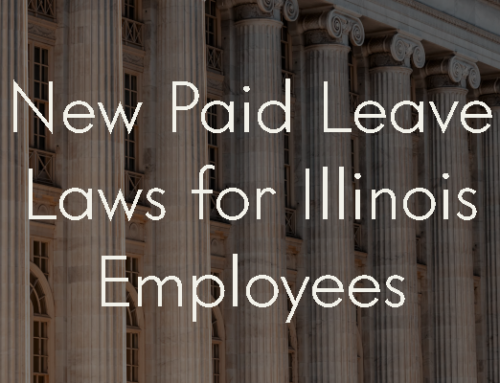To start a clinical psychology business in Illinois, you should:
- Get your license.
- File your business with the Secretary of State.
- Register your business with the IDFPR.
- Display your licenses and renew them.
- Run your business!
Starting up a new business can be very exciting! You get to plan where you want your business to be located, what you want it to look like, what you want to name it, and make other creative decisions. Then there are the tedious steps that you need to take as a business owner to stay compliant with laws and protect yourself from liability.
Clinical psychology businesses have their own procedure that they need to follow. This post will take you through each step involved in starting a clinical psychology business so you can get an idea of the process.
Step 1: Get your license.
This may be a pretty obvious one, but it is also very important. You can’t really do much to create a clinical psychology business until you have your license. The Clinical Psychologist Licensing Act lays out all of the important licensing laws. 225 ILCS 15/. To get your license, you must be over 21, complete a doctoral program from an accredited school, have a record clear of certain (criminal) conduct, submit an application, and pay the required fee. 225 ILCS 15/10.
If you already have your license, congratulations! That is quite an accomplishment, and deserves celebration. You are also ready to move onto the next step, starting the business.
Step 2: Filing with the Secretary of State.
You can choose to run your business as a Partnership / Sole Proprietorship, PLLC, or Professional Service Corporation, often referred to simply as Professional Corporations. However, you are not protected from liability for accidents or other problems that may arise if you are in a partnership / sole proprietorship. You can read more about the advantages and disadvantages to all of these business entities in our blog post “LLC, Corporation, Partnership: What Kind of Business Is Right for Me?” For this post, we will focus on the typically preferred methods, PLLCs and Professional Corporations.
PLLCs are formed under the Illinois Professional Limited Liability Company Act. 805 ILCS 185/. Professional Corporations are formed under the Illinois Professional Service Corporation Act. 805 ILCS 10/. Both of these statutes have certain rules about what you can and cannot do in your business. For example, all of the business owners (and certain types of employees) have to be licensed clinical psychologists. 805 ILCS 180/13; 805 ILCS 10/3.4.
**It is important to note that you cannot start operating your business or soliciting clients until you have obtained a business license according to the next step.**
Step 3: Get Your Business License.
Clinical Psychology Businesses are regulated by the Illinois Department of Financial and Professional Regulation (IDFPR). Because they are regulated by IDFPR, they do not usually need to get a separate license from Chicago (or whatever Illinois city your business is in). However, a psychology practice that has other activities that are not governed by IDFPR may still require a city license. For a full list of professions governed by the IDFPR that do not usually need licenses from the city of Chicago, you can go to the City of Chicago’s Website.
However, this means that you do have to get a license from the IDFPR. You can get a psychology business license, and other information about the license, at the IDFPR Website. We also have a step-by-step guide on how to register your business with the IDFPR here.
Step 4: Display all of your licenses and renew when necessary.
Once you have the licenses, you will need to display them prominently in your office. 225 ILCS 15/3(i); 805 ILCS 180/1-28. Ideally, if you have a physical office, choose somewhere where individuals can see them when they walk in, especially for your business license.
Once you have your business up and running, you still need to follow the rules in the Clinical Psychologist Licensing Act, 225 ILCS 15/, and the laws that govern your business entity. Two of the most important things to do are to renew your registration with the Secretary of State every year and to keep your registration with IDFPR current (renewals are due every year for PCs and every three years for PLLCs), so be sure to mark those on the calendar.
Step 5: Run your business.
After you get through all the filing and drafting, you can finally enjoy running your own business. At this point, you should also talk to an attorney to review your client forms and practices to help avoid legal trouble down the line.
**For more information on Professional Limited Liability Companies and the IDFPR rules, read more in the articles below.**





